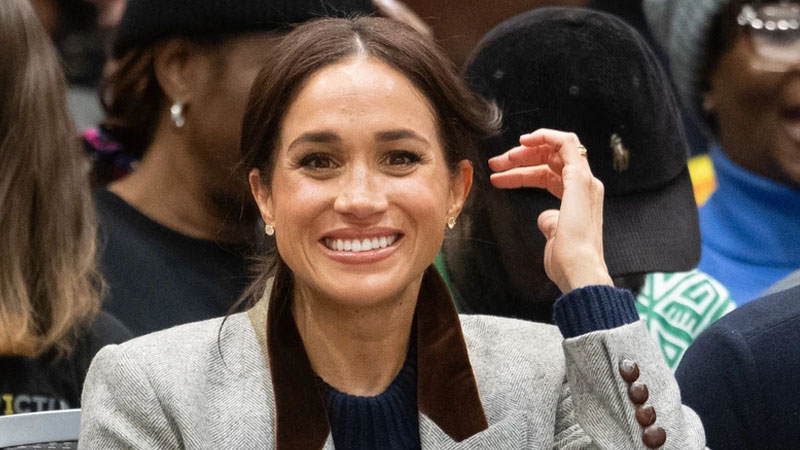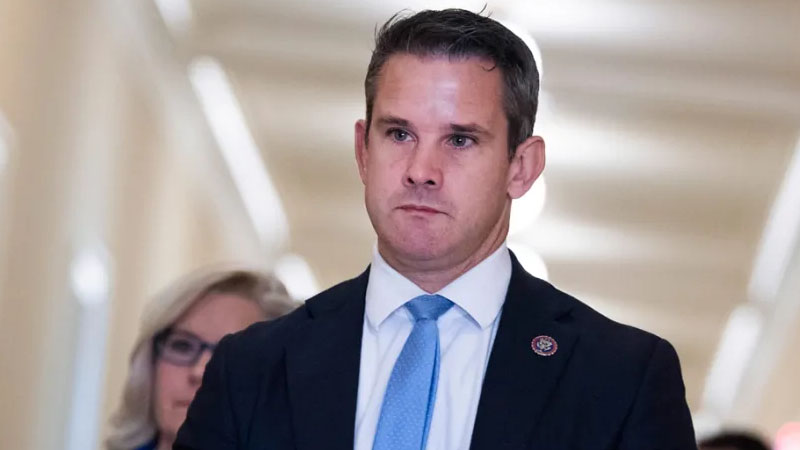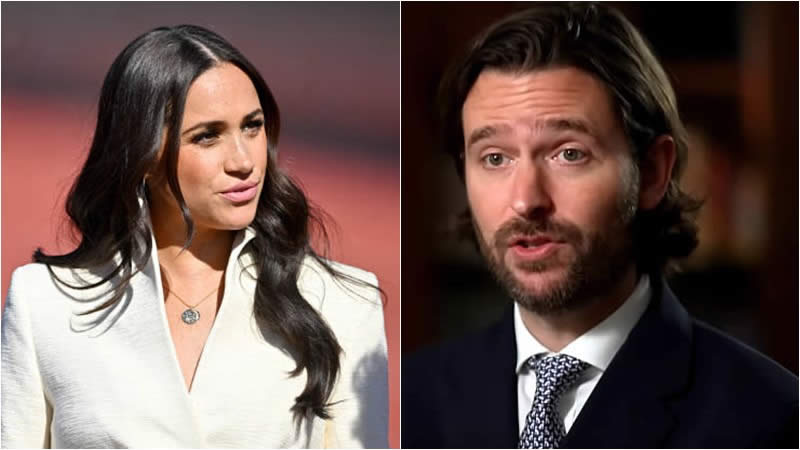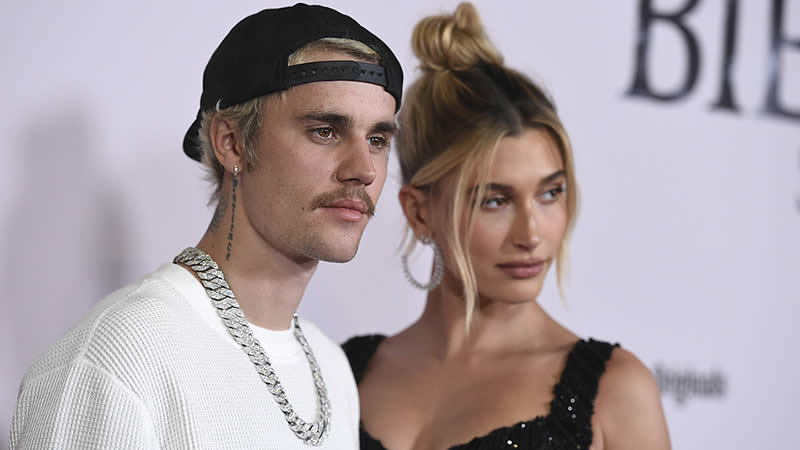Melania Trump’s Fierce Defense of Son Barron Amid Autism Rumors
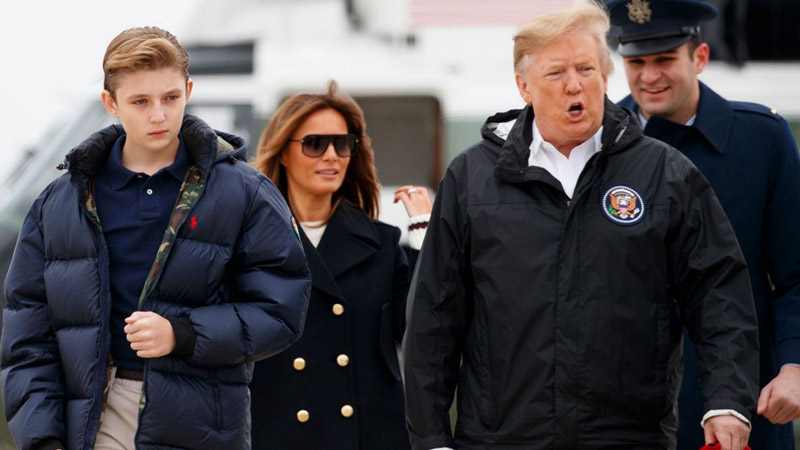
(AP Photo/Carolyn Kaster)
In 2016, Melania Trump’s protective instincts as a mother were put to a significant test when a viral rumor suggested her then-10-year-old son, Barron Trump, might be on the autism spectrum. The rumor stemmed from a video shared by comedian Rosie O’Donnell, who has a longstanding feud with the Trump family. O’Donnell tweeted the video, which highlighted behaviors such as Barron’s clapping and movements at the Republican National Convention, alongside the comment: “Barron Trump autistic? – if so, what an amazing opportunity to bring attention to the AUTISM epidemic.”
The video had been edited to emphasize moments suggesting Barron exhibited symptoms of autism spectrum disorder (ASD), including “erratic hand movements” and “strange shifts” in his seat. The clip quickly went viral, igniting a wave of controversy and sparking backlash against O’Donnell, who later issued an apology. However, many, as reported by Tyla, felt the damage was already done and viewed her comments as crossing a line.
For Melania Trump, known for her intense dedication to Barron’s privacy, the viral post was deeply distressing. In her memoir, the former first lady recounted the emotional toll it took on her and her son. “I knew the tweet and video would go viral, and I knew how much it would hurt him,” she wrote. “I was appalled by such cruelty. It was clear to me that she was not interested in raising awareness about autism.
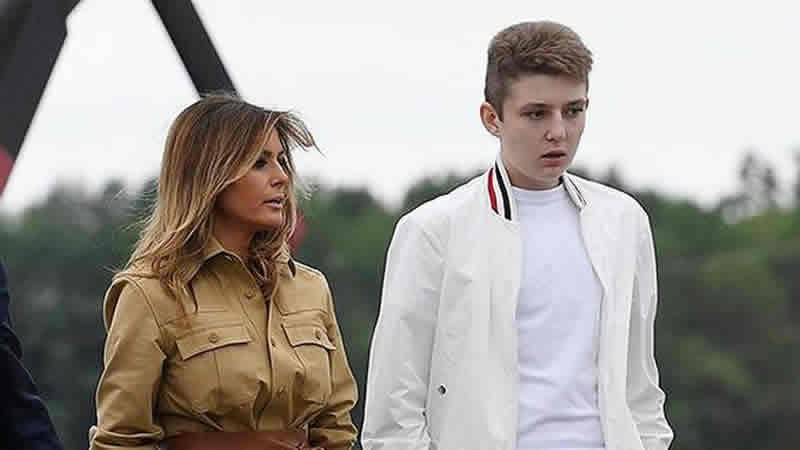
I felt that she was attacking my son because she didn’t like my husband.” The consequences for Barron went beyond online speculation. As Melania revealed, he faced real-world bullying after the rumor spread, illustrating the potentially lasting damage of such unfounded claims. “Barron’s experience of being bullied both online and in real life following the incident is a clear indication of the irreparable damage caused,” she shared in an interview with The Independent.
She also addressed the misconceptions that come with such labels: “There is nothing shameful about autism, but Barron is not autistic.” Psychologists specializing in autism have often cautioned against making assumptions about a person’s behavior without a formal medical assessment, as this can be damaging to both the individual and the autism community.
Dr. Nechama Sorscher, a clinical psychologist quoted by Fox News, emphasized, “Being a kid is already difficult enough, but for Barron, he is in the national spotlight and subjected to constant scrutiny. A rumor like having autism could certainly have created a very difficult environment for him. Whether or not you actually have autism, this type of bullying behavior could lead to negative mood and… a decline in school performance and so much more.”

According to Dr. Sorscher, more than 60% of children with autism experience bullying, and rumors or labels attached without understanding can increase the emotional burden on any young person. The additional scrutiny faced by children in the public eye, like Barron, can make their path through adolescence even more challenging.
For Melania Trump, the incident served as a harsh reminder of the unique challenges her family faces under the spotlight. While she expressed an understanding of autism advocacy, she made it clear that her son’s privacy and well-being are her top priority. The incident sparked conversations about responsible reporting and highlighted the potential impact of public speculation, especially on young people navigating life under intense public scrutiny.
